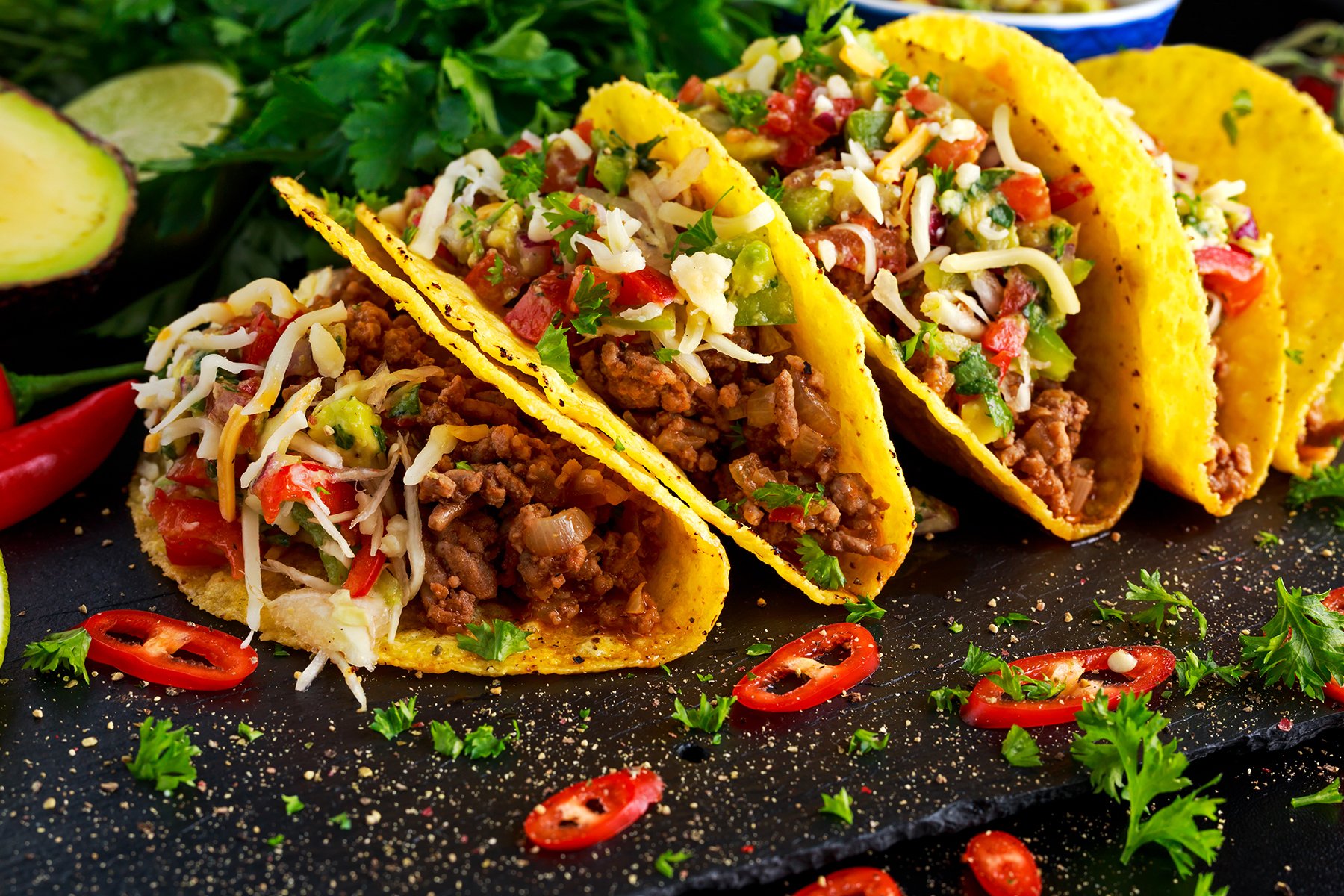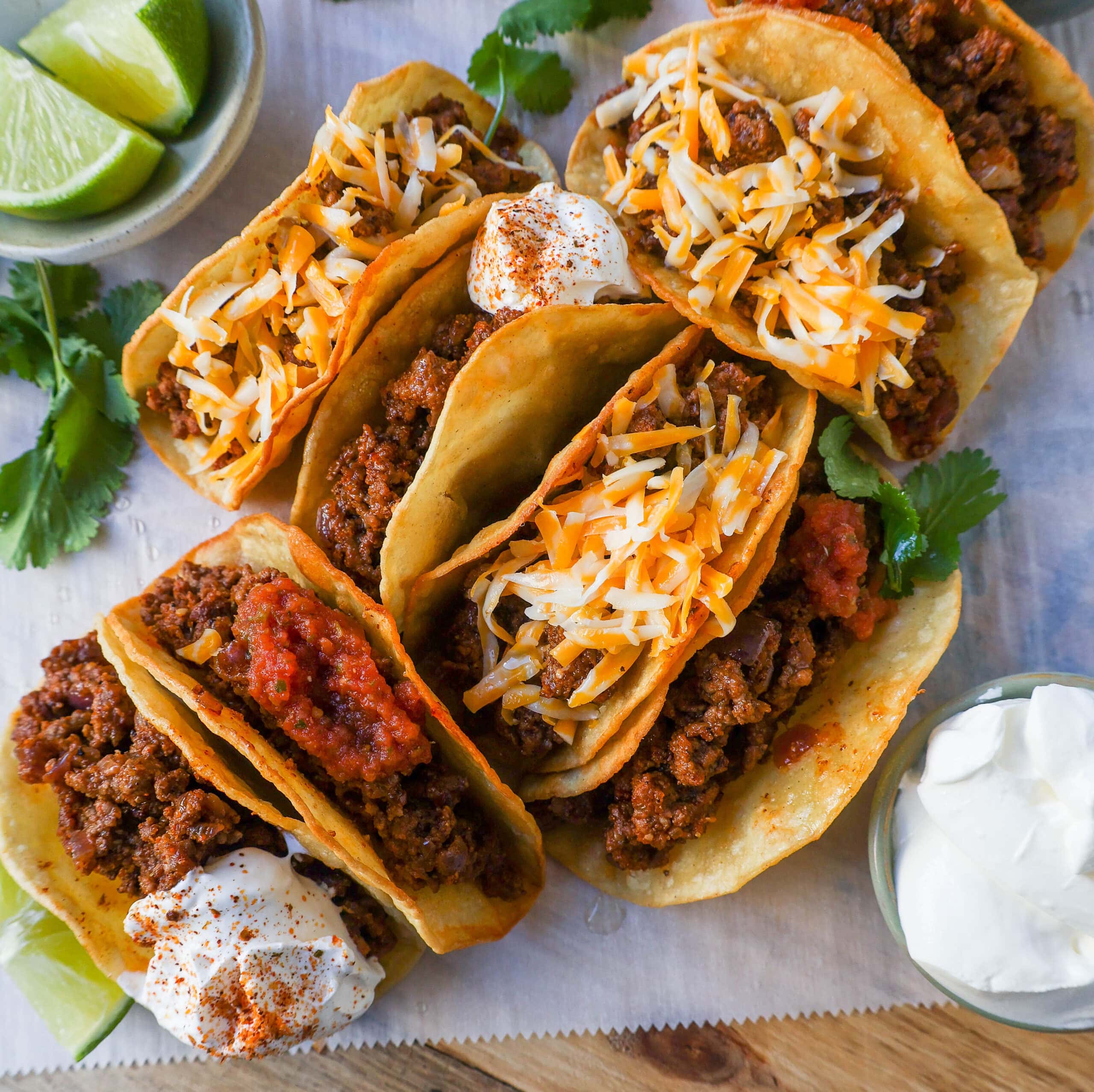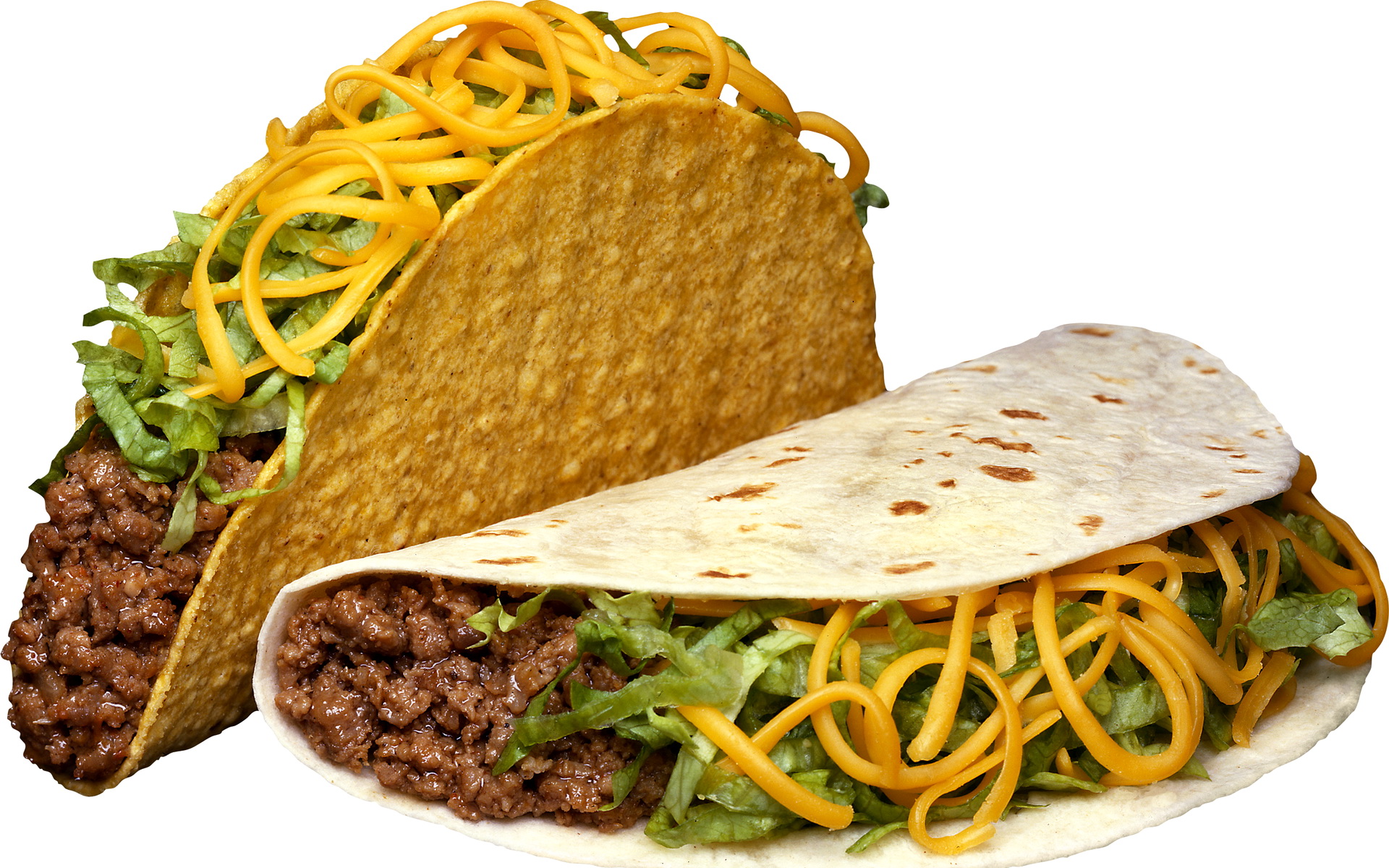So what is Taco Trump? If you’ve come across this phrase and found yourself scratching your head, you’re not alone. It’s not about food or any new fast-casual chain. Nope, this one’s all about politics, economics, and how Donald Trump’s trade policies kept investors guessing — sometimes on a daily basis. Let’s dig in and unpack what “Taco Trump” really means, how it came to be, and why Wall Street traders started using it like it’s the latest market slang.
You might have seen headlines or heard analysts mention “Taco Trump” during the thick of the 2025 trade tensions. It’s a term that caught fire in financial circles and media outlets, especially during a time when global markets were reacting to Trump’s unpredictable policy shifts. At its core, Taco Trump describes a recurring pattern — a kind of economic yo-yo effect that kept the financial world on its toes.
And if you’re someone who tracks market trends or keeps a finger on the pulse of U.S. economic policy, understanding Taco Trump is more than just a quirky term. It’s a reflection of how political decisions can ripple through global markets, sometimes in ways that surprise even the most seasoned investors. So, stick around as we explore the origins, implications, and real-world impact of this unusual but insightful phrase.
Table of Contents
- What Is Taco Trump?
- How Did Taco Trump Come About?
- The Taco Trade: Market Reaction Explained
- Taco Trump and the 2025 Trade War
- Why Did Trump Dislike the Taco Label?
- Frequently Asked Questions
What Is Taco Trump?
Taco Trump isn’t a new political party or a taco recipe named after the former U.S. president. It’s actually a slang term that emerged from the financial world, referring to a specific pattern in Donald Trump’s economic decision-making — especially when it came to trade policy.
The acronym stands for “Trump Always Chickens Out,” and it was used by investors and analysts to describe how Trump would often make bold, aggressive threats — like imposing heavy tariffs on imports — only to later back down or soften those policies when markets reacted badly. That kind of flip-flopping created a wave of uncertainty, which traders then started calling the “Taco trade.”
So, what’s the big deal? Well, when a president makes a sudden policy announcement, markets tend to react quickly. But when those policies are reversed just as fast, it can leave investors scrambling, trying to figure out which way the wind is blowing. That’s the Taco trade in a nutshell — a cycle of threat, panic, and then retreat, over and over again.
How Did Taco Trump Come About?
The term “Taco Trump” was coined by Robert Armstrong, a columnist for the Financial Times, in a May 2nd, 2025 article that looked at the U.S. market’s surprising volatility. The phrase stuck because it captured something real: Trump’s tendency to make loud, disruptive moves — especially on tariffs — only to later backtrack when the consequences hit home.
It started gaining traction in early April 2025, after the Trump administration announced new tariffs on imports from multiple global trade partners. Markets tanked, investors panicked, and then — just as quickly — Trump softened his stance, pausing or reducing the tariffs. That kind of back-and-forth became so common that Wall Street began using “Taco” to describe the whole pattern.
And while it might sound a bit tongue-in-cheek, the term actually reflects a serious issue in economic policy: the impact of unpredictability. When a country’s trade policies shift so rapidly, it can create instability not just in markets, but in global trade relationships as well.
The Taco Trade: Market Reaction Explained
So how exactly does the Taco trade work in practice? Let’s break it down into a few key steps that investors started to expect whenever Trump made a major trade-related announcement:
- Big Announcement: Trump would make a dramatic statement — say, imposing steep tariffs on steel or aluminum imports from China or the EU.
- Market Panic: Investors would react negatively, fearing a global trade war, leading to sharp drops in stock prices and commodity markets.
- Backtracking: A few days or weeks later, Trump would soften his stance, sometimes even pausing the tariffs or offering exemptions.
- Market Recovery: As the threat seemed to ease, markets would rebound, sometimes even recovering more than they’d lost.
This cycle became so predictable that traders started betting on it. If they knew Trump was likely to reverse course after a market meltdown, they could position themselves to profit from the volatility. That’s why the Taco trade became more than just a buzzword — it was a strategy some investors actually followed.
And while it might seem like a game to some, the Taco trade had real consequences. Businesses had to plan around policies that could change overnight. Supply chains were disrupted. And global partners had to constantly second-guess their economic strategies when dealing with the U.S.
Taco Trump and the 2025 Trade War
The year 2025 was a peak moment for Taco Trump. That was when the U.S. found itself in the middle of a full-blown trade war with several countries, including China, the EU, and Canada. Tariff threats flew fast and furious, and each one sent shockwaves through global markets.
What made 2025 so notable was the frequency and intensity of Trump’s trade moves. He was pushing tariffs not just on traditional goods, but on digital services and even tech exports. That kind of aggressive stance made the Taco pattern more visible than ever.
One of the most talked-about Taco moments came in late April when Trump announced a 25% tariff on Chinese solar panel imports. Markets dropped sharply the next day, only to bounce back a week later when Trump announced he was “open to negotiation.” That kind of whiplash became a regular part of the 2025 market landscape.
But it wasn’t just about tariffs. The Taco trade also applied to other economic policies — like immigration rules affecting tech labor or changes in regulatory oversight. Any time Trump made a big, disruptive move, there was a good chance he’d later tone it down — and that’s what made the Taco label so fitting.
Why Did Trump Dislike the Taco Label?
It probably won’t surprise you to hear that Trump didn’t take kindly to being called “Taco.” In fact, he publicly criticized the term during a press briefing in May 2025, calling it “fake news nonsense” and accusing the media of trying to mock him.
He wasn’t wrong about the tone — “Taco” definitely had a mocking edge. But it also reflected real concerns about how his administration handled trade policy. The problem, from an investor’s perspective, wasn’t just the tariffs themselves, but the lack of consistency and predictability.
For Trump, the term was a personal jab. For Wall Street, it was a way to describe a frustrating and sometimes profitable pattern of behavior. Either way, the nickname stuck, and it became a symbol of how unpredictable the Trump administration could be when it came to economic decisions.
Still, even with all the criticism, Trump’s policies had real effects. The Taco trade might have been a joke to some, but it also highlighted the challenges of governing in a way that keeps markets guessing.
Frequently Asked Questions
What does Taco Trump stand for?
Taco Trump stands for “Trump Always Chickens Out.” It refers to a pattern where Trump would announce aggressive economic policies — especially tariffs — and then later reverse or soften them, often in response to market reactions.
Who coined the term Taco Trump?
The term was coined by Robert Armstrong, a columnist for the Financial Times, in a May 2nd, 2025 article. It quickly caught on among investors and financial analysts as a way to describe Trump’s trade policy reversals.
How did the Taco trade affect markets?
The Taco trade created a cycle of market volatility. When Trump announced a new tariff or policy, markets would often drop. Then, after he backed off, markets would rebound. Some investors even started anticipating these moves and profited from the swings.
Learn more about how trade policies affect markets in our guide to Trade Policy Basics.



Detail Author:
- Name : Miss Amina McClure
- Username : rowe.gunnar
- Email : shannon.russel@mraz.com
- Birthdate : 2001-12-19
- Address : 790 Huels Plain Suite 054 South Kaylie, TN 22783
- Phone : +1.334.456.0219
- Company : Von-Muller
- Job : Upholsterer
- Bio : Et eum illo beatae provident est voluptas unde debitis. Eum voluptas sit suscipit velit.
Socials
tiktok:
- url : https://tiktok.com/@hildegardkemmer
- username : hildegardkemmer
- bio : Dicta natus eius velit dolor a. Quia dolorem molestias iste commodi.
- followers : 1576
- following : 219
twitter:
- url : https://twitter.com/hildegardkemmer
- username : hildegardkemmer
- bio : Dolore nostrum et deserunt exercitationem quas omnis et. Quidem eligendi et odio ipsam. Voluptatem explicabo molestias odio veniam.
- followers : 4778
- following : 195
facebook:
- url : https://facebook.com/kemmer2009
- username : kemmer2009
- bio : Ea sint est vero quia. Harum voluptas et assumenda nemo dolor.
- followers : 2588
- following : 1465
instagram:
- url : https://instagram.com/kemmer2005
- username : kemmer2005
- bio : Odio ullam sequi et rerum qui optio officiis. Fugit non eum vel non inventore nobis.
- followers : 3142
- following : 2907
linkedin:
- url : https://linkedin.com/in/kemmerh
- username : kemmerh
- bio : Nesciunt aspernatur illum et maxime.
- followers : 501
- following : 686

